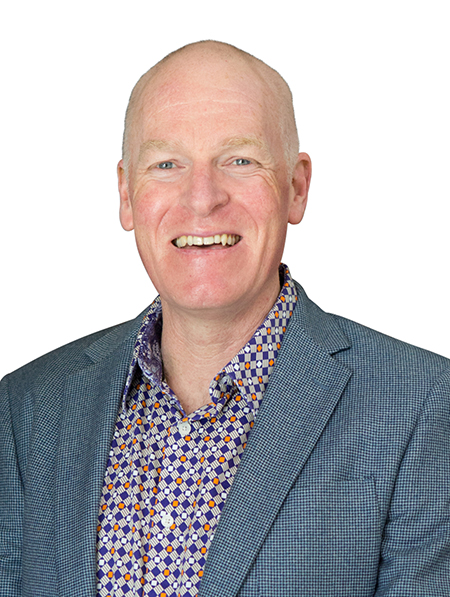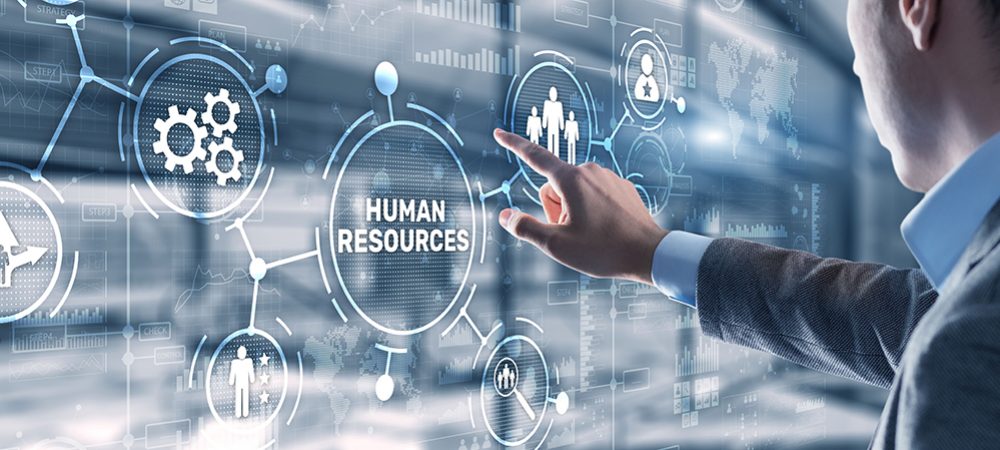Jarrod McGrath, author of The Digital Workforce and CEO of global human capital management company Smart WFM, looks at a new approach to how businesses and the economy at large can better measure business success. The answer? People.
As we edge closer to a post-pandemic world, with the vaccine rollout underway and the end of restrictions in the crosshairs, we’re left to wonder what will really change for the long term after this profound shock to the system.
Even though we’re not sure of the full extent, a few things are certain. International travel won’t quickly return to its pre-pandemic heights, with the workforce enjoying more quality time at home and realizing the unnecessary nature of many trips. The workplace will change for good – some will work from wherever forever, others will get a hybrid mix and some will just go back to normal.

Top of my wish list as we hit refresh on how we work, the economy, technology and our overall way of life, is ridding ourselves of the profit and loss or ‘P&L mindset’, which I believe has undermined the true value of businesses and people across the globe.
The P&L race to the bottom
We see this mindset creep in and cause tunnel vision: underpayment issues which continue to plague major businesses and government organizations. Industrial relations disputes. Environmental neglect in place of short-term gain. Mass offshoring of roles to countries with cheaper labour and higher turnover.
A recent study also showed automation could cut 1.5 million jobs from Australia alone, with bookkeepers, accountants, human resources staff, office clerks and middle management roles heading for the chopping block in the near term.
These are the kinds of sacrifices and risks we permit for the P&L mindset. People – who actually enable businesses to succeed – are often the ones to suffer.
No, this is not my pitch to ditch capitalism or try to stop innovation and digital disruption in its tracks – it’s quite the opposite. We need to look beyond simplistic P&L to consider the entire balance sheet of a company, and of the wider economy, to deliver long-term business value.
Balance sheets take it all into account – the assets, equities, liabilities, commitments, and – the big one – people.
Examining one of the points above, offshoring, we can clearly see the P&L mindset at play. Over recent years and decades, many businesses including banks, telcos and manufacturers made decisions to offshore some, or in some cases all, staff.
From the CEO’s position, it’s a very understandable decision to make. Countries with high wages simply can’t compete on this P&L-driven metric. Consultants are brought in, decisions are made, redundancies occur, CEOs get bonuses and new call centers or factories are built abroad.
One group likely to benefit from this, at least in the short-term, had been the shareholder, as the move begets quick profits.
Enter COVID.
The pandemic suddenly made offshore facilities, particularly call centers, redundant.
When P&L is put above all else
What impact would this have on staff? On customer service? The economy and society as a whole? What is the long-term implication for shareholders? What would happen in the event of a pandemic or another global emergency (yes, there was ample awareness of this before the current crisis and more business leaders should have factored it in)?
I’m not suggesting CEOs or businesses shouldn’t offshore, or leverage the power of automation, or anything else for that matter. I’m suggesting they make these important decisions – which have huge implications for people, the long-term value of the company and collectively the economy – with a balance sheet mindset.
This means consideration of bottom-up, not just top-down. It means identifying and understanding the people in an organization and bringing their passions and purposes center stage.
In a broader sense, this is a move away from ‘blackboard economics’, a term coined by late economist Ronald Coase in criticism of the narrow, macro-economic-dominated view often implemented by his counterparts, governments and industry to the detriment of people.
New ways of thinking, including the concept of Doughnut Economics, which better considers the people and the environment in line with the economy, are starting to gain prominence. We need to recognize that we’ve made some mistakes and narrow-minded decisions along the way, and we have a chance to change tack before long-term technological changes take effect.
It’s vital businesses and CEOs, and the consultancies they depend on, consider this in light of the very different nature of the world we’re entering. This isn’t about left versus right – it’s about smart delayed gratification to better satisfy the whole.
Click below to share this article

